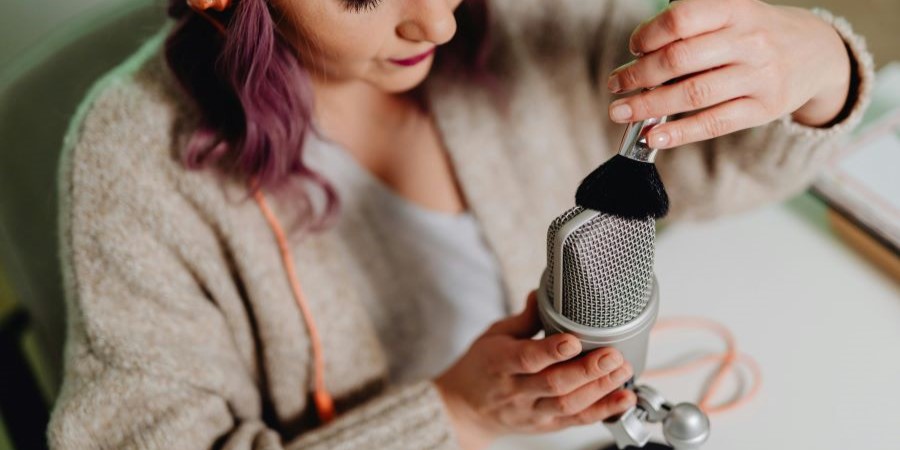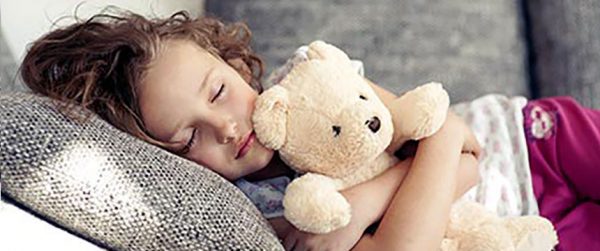Mental Health & Sleep
All articles related to mental health and sleep
Featured Article

The Burnout Epidemic: Why Rest Isn’t a Luxury—It’s a Business Strategy
In today’s fast-paced, hyper-connected work culture, burnout has become more than a buzzword—it’s a crisis. From tech startups to healthcare facilities, employees are reporting unprecedented levels of stress, exhaustion, and disengagement. And while the symptoms of burnout are personal, the consequences are organizational. Productivity drops, turnover spikes, and morale plummets.
But here’s the good news: burnout is preventable. With intentional strategies like workplace rest, napping pods, and a renewed focus on work-life balance, companies can turn the tide.
Let’s unpack the causes, the data, and the solutions.

What is Fueling the Burnout?
Burnout is defined by the World Health Organization (WHO) as chronic workplace stress that has not been successfully managed. It manifests as emotional exhaustion, cynicism, and reduced professional efficacy. According to TeamOut’s 2025 burnout report:
- 76% of employees experience...
Recent Articles

It’s Mental Health Awareness Month
Since 1949, Mental Health America has been organizing Mental Health Month during May. The theme for Mental Health Awareness Month in 2025 is ‘turn awareness into action’ – a campaign aimed at giving every person the tool and resources needed to support every individua’s mental health. In this regard, we at Restworks would like to bring attention to the profound connection between mental health and sleep. Read on to learn more below.

The Rise of Nap Pods: Improving Productivity and Mental Health
In today’s fast-paced work environment, the need for effective strategies to enhance productivity and support mental health has never been more critical. One innovative solution gaining popularity is the nap pod, or napping pod, which offers a dedicated space for short, restorative rests. These cozy, often futuristic-looking capsules are popping up in workplaces around the globe, and for good reason.

ASMR For Sleep: Science, Benefits, and How to Use
For those who have experienced ASMR, it has been shown to have many potential benefits for sleep quality and well-being. In this article, we will look at what ASMR is really about, how it can help people sleep better, and how you can use ASMR for sleep for yourself!
Older Articles

- Sleep to Reduce Anxiety: The Natural Treatment
- How much deep sleep should I get?
- How much sleep do I need?
- How Menopause Affects and Changes Sleep
- Sleep Deprivation in College Students
- CBD and Sleep: An Overview
- Light Box Therapy for Seasonal Affective Disorder (SAD)
- Nightmares, Night Terrors, and Sleeplessness
- Sleep deprivation in health care workers and short rest solutions
- How to work night shift and stay healthy
- Sleep during Covid-19
- Nap pods at work
- Best Breathing Exercises for Sleep: Calm the Mind and improve sleep quality
- Alcohol and Sleep: What You need to Know
- Why Worry about Sleep Deprivation Among Students?
- Stress and Sleep: How the two Interact
- The sleep stigma endures – ending it is more relevant than ever

